Understanding Knee Pain
Knee pain is a common issue that affects millions of Americans every year. It can result from various factors, including injury, arthritis, or improper footwear. Choosing the right shoes plays a significant role in managing or exacerbating knee discomfort. In this article, we will explore the worst shoes for knee pain, why you should avoid them, and what shoes to consider for better knee health.
Why Shoe Choice Matters for Knee Pain
Footwear can significantly impact our overall alignment and posture, which in turn affects knee health. Poorly designed shoes can lead to misalignment, causing stress on the knees. A study conducted by the American Academy of Orthopaedic Surgeons (AAOS) indicates that inappropriate footwear is a contributing factor to knee pain, especially in individuals with existing conditions such as osteoarthritis.
Read more about the effects of footwear on knee osteoarthritis.
Characteristics of Shoes That Cause Knee Pain
1. Lack of Cushioning
Shoes that lack proper cushioning can fail to absorb the impact of walking or running, leading to additional strain on the knees. Cushioning materials like EVA foam can help mitigate this impact.
2. Poor Arch Support
Flat shoes or those with inadequate arch support can result in overpronation or supination, both of which place excessive stress on the knees. This can worsen conditions like plantar fasciitis and knee pain.
3. High Heels
High heels shift the body’s weight forward, altering body posture and increasing pressure on the knees. Regularly wearing high heels can result in chronic discomfort and knee pain.

4. Narrow Toe Box
Shoes with a narrow toe box can squeeze the toes and affect foot alignment, resulting in knee pain. A wider toe box allows for natural toe movement, promoting better alignment.
The Worst Shoes for Knee Pain
Here’s a detailed look at specific shoe types and brands that can exacerbate knee pain:
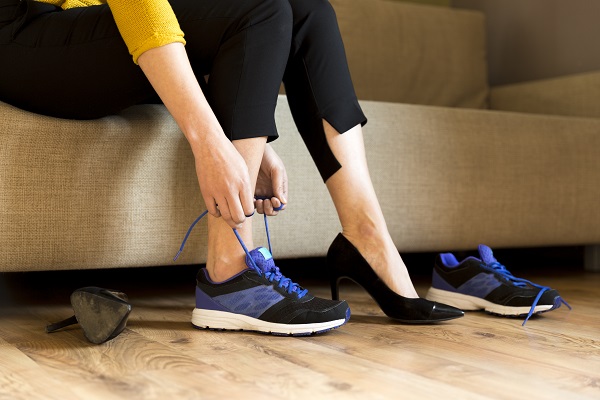
1. Flip-Flops
While they are easy to slip on and off, flip-flops provide little to no arch support and cushioning. They can increase the risk of overpronation, leading to knee discomfort.
2. High Heels
High heels, especially those exceeding 2 inches, alter body mechanics and can lead to plantar fasciitis, knee strain, and even lower back pain.
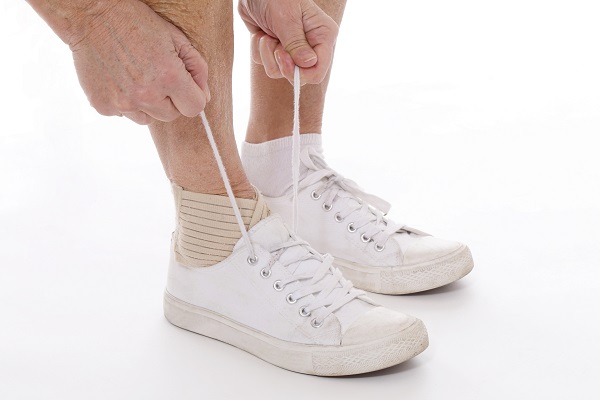
3. Sneakers with Insufficient Support
Brands that compromise on cushioning and support in favor of style may leave your knees vulnerable, especially after prolonged use.
4. Rigid Dress Shoes
Many dress shoes are stiff and lack flexibility, which can restrict natural foot movement and lead to knee pain.
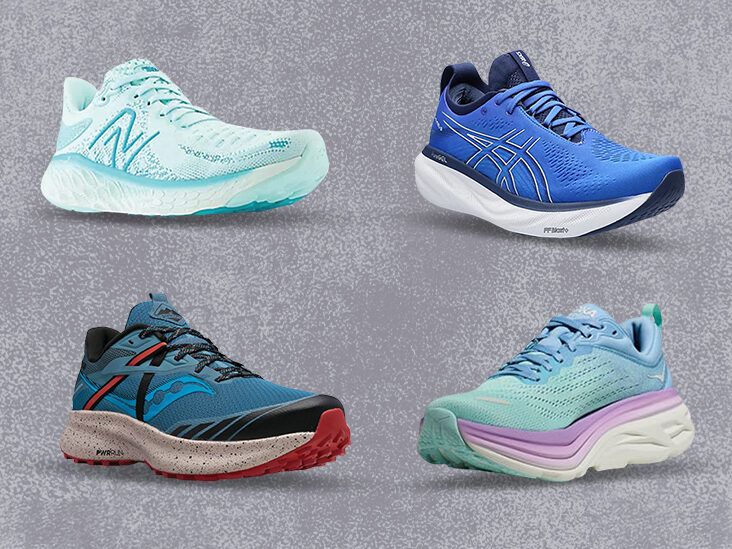
5. Old or Worn-Out Shoes
Worn-out shoes lose their supportive properties. If you notice misalignment or discomfort, it may be time to retire your favorite pair.
Comparison Table: Worst Shoes for Knee Pain
| Shoe Type | Pros | Cons | Recommended Alternatives |
|---|---|---|---|
| Flip-Flops | Easy to wear | Very little support | Sport sandals with arch support |
| High Heels | Stylish | Causes arch and knee pain | Low-heeled shoes with cushions |
| Sneakers (low-cost brands) | Affordable | Lack support | High-quality running shoes |
| Rigid Dress Shoes | Formal look | Impair natural movement | Flexible dress shoes with support |
| Old Shoes | Comfortable fit | Lack of support | New shoes with proper cushioning |

Tips for Choosing the Right Shoes
1. Prioritize Comfort Over Style
While having stylish shoes is important, comfort should always come first, especially if you experience knee pain. Look for shoes that offer ample cushioning and support.
2. Get Properly Fitted
Always try on shoes and ensure they fit well. Visiting a store that specializes in footwear can provide insights on the best fits for your foot type.
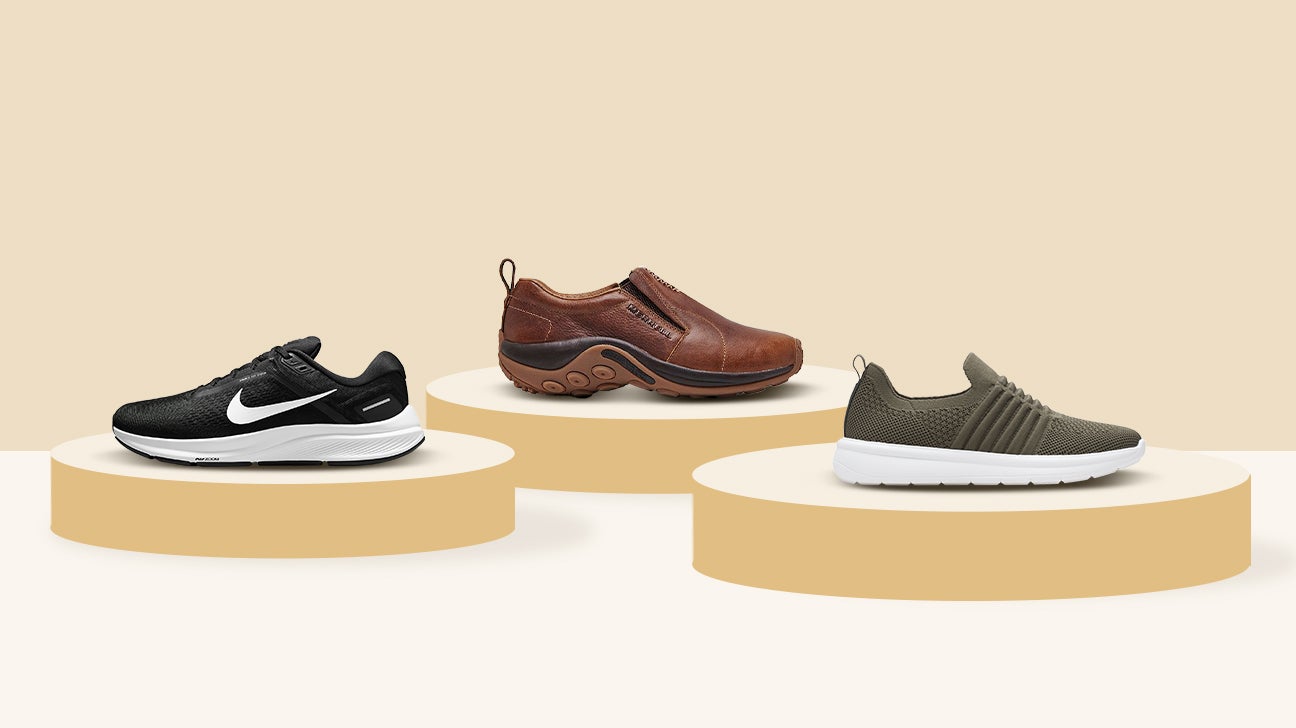
3. Consider Custom Orthotics
If you have specific foot issues, custom orthotics can provide additional support and help alleviate knee pain associated with improper alignment.
4. Rotate Your Footwear
Don’t wear the same pair of shoes every day. Rotating your footwear can help minimize wear and tear and provide different support levels to your knees.
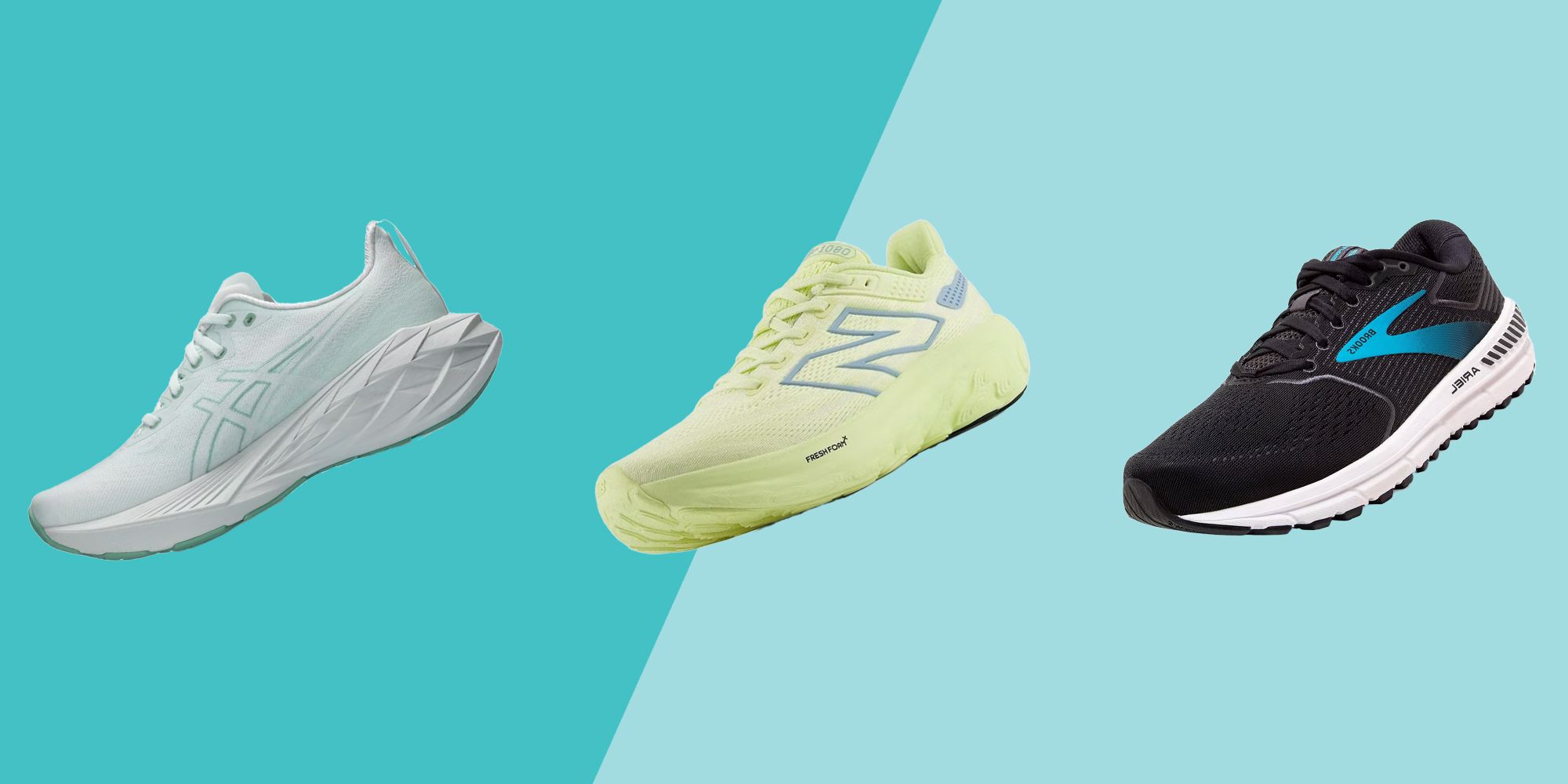
5. Pay Attention to Your Walking Style
Your walking style can affect how shoes impact your knees. Consider consulting a professional for gait analysis if knee pain persists.
Real-Life Experiences with Footwear and Knee Pain
Many Americans have experienced the relationship between footwear and knee pain firsthand. For instance, a survey conducted by the American Podiatric Medical Association (APMA) highlighted that about 77% of Americans have experienced foot pain related to the shoes they wear.
Learn more about the APMA survey results.
Additionally, anecdotal evidence from local running communities in cities like Portland, OR, suggests that runners who switched to supportive running shoes reported significant relief from knee pain.
FAQs About Shoes and Knee Pain
1. What types of shoes should I avoid if I have knee pain?
Avoid flip-flops, high heels, sneakers lacking support, rigid dress shoes, and worn-out shoes.
2. Can changing my shoes really help reduce knee pain?
Yes, choosing shoes with proper cushioning and arch support can significantly alleviate knee pain by improving alignment and reducing shock.
3. Are expensive shoes always better for knee pain?
Not necessarily. While many high-quality shoes provide better support, some affordable brands also offer excellent options. Look for features rather than price alone.
4. Should I consult a professional before buying shoes for knee pain?
If you experience chronic knee pain, it’s a good idea to consult a podiatrist or orthopedic specialist who can recommend appropriate footwear or treatments.